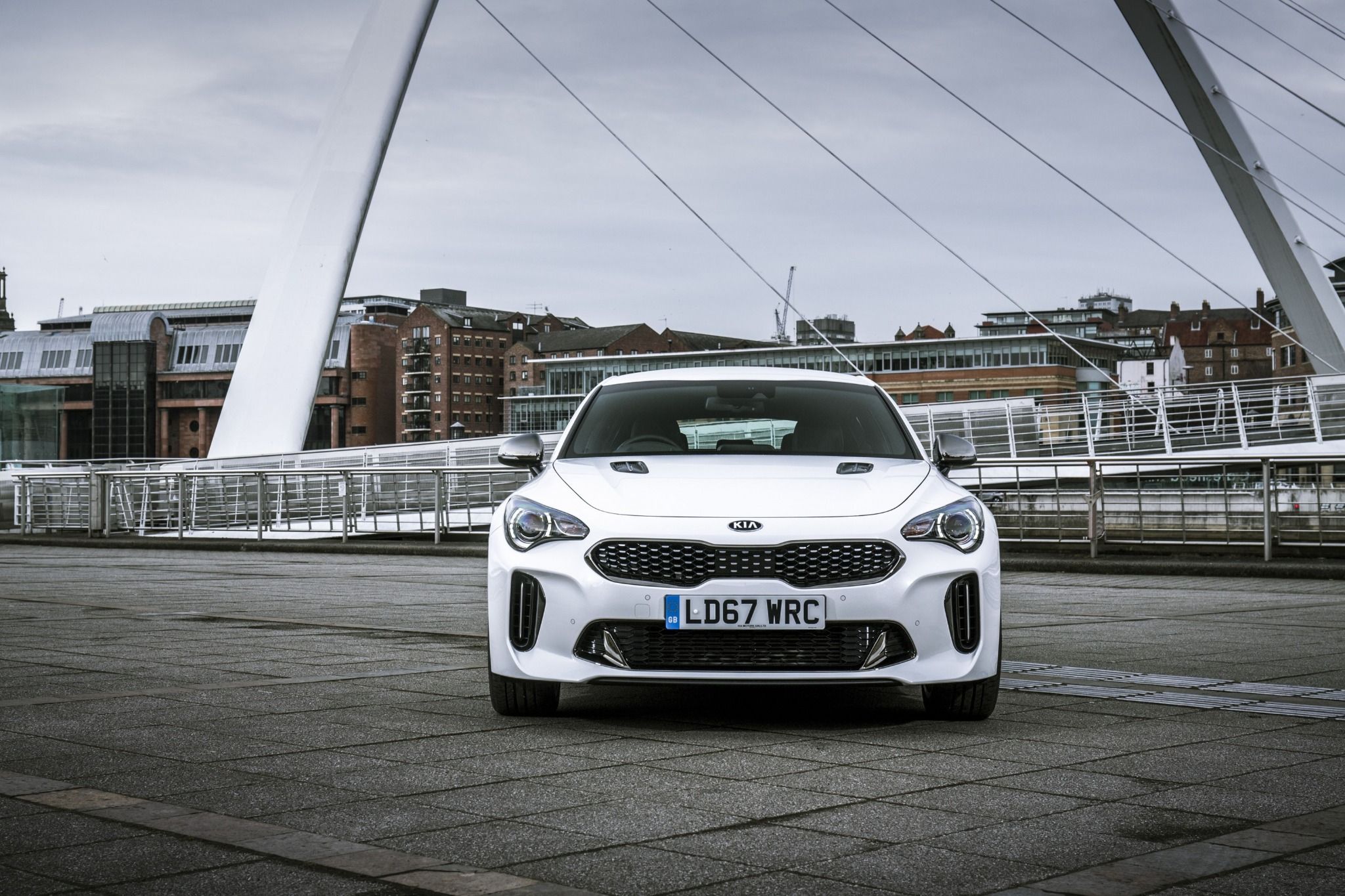
How to Check a Used Car's History: A Simple Guide
By Motor Match • 20/03/2025
When buying a used car, it's worthwhile to check its history to find out if it's truly as described. Find out more.
Buying a used car can be a smart and cost-effective decision, but it comes with risks. One of the most crucial steps in purchasing a pre-owned vehicle is checking its history to ensure it’s reliable, safe and legally sound. A thorough history check can help you avoid vehicles with hidden issues, undisclosed accidents, or financial encumbrances. Here’s a comprehensive guide to verifying a used car’s history before making a purchase in the UK.
Get the Vehicle Identification Number (VIN)
The first step in checking a car’s history is obtaining its Vehicle Identification Number (VIN). The VIN is a unique 17-character code that provides essential details about the car, including its make, model, year and manufacturing location. This number acts as the car’s fingerprint and is used to track its history.
Where do I find the VIN?
- On the dashboard, near the windscreen on the driver’s side.
- Inside the driver’s side door frame or on the door itself.
- Under the bonnet, often on the engine block.
- In the vehicle’s logbook (V5C) and insurance documents.
Ensure that the VIN on the car matches the one on the paperwork to prevent fraud.

Use a Vehicle History Check Service
Once you have the VIN and registration number, use a reputable vehicle history check service such as:
- GOV.UK Vehicle Enquiry Service
- HPI Check
- RAC Vehicle Check
- AA Car History Check
- Autotrader Vehicle Check
These services provide detailed reports on a vehicle’s past, including:
- MOT history – previous MOT results, advisories, and failures.
- Previous ownership records – number of past owners and whether it was used as a taxi or fleet vehicle.
- Accident history – reports on write-offs and major repairs.
- Title status – indicates if the car has outstanding finance or has been reported stolen.
- Mileage records – helps detect odometer fraud by comparing past records.
- Scrapped or imported status – ensures the car hasn’t been unlawfully put back on the road.
Many of these services require a fee, but the investment is worth it to avoid potential scams or hidden problems.

Check for Outstanding Finance or Loans
A car bought on finance belongs to the lender until the debt is fully paid. If you purchase a car with outstanding finance, you may be at risk of repossession.
- How to Check for Outstanding Finance?
- Use an HPI Check or RAC Vehicle Check, which will reveal any outstanding finance agreements.
- Ask the seller for a finance clearance letter if they claim the loan is paid off.
- Buying a car with a clean history ensures that you won’t run into legal issues later.
Verify Recalls and Safety Issues
A used car may have outstanding safety recalls that have not yet been addressed. You can check for recalls using:
- GOV.UK Recall Checker
- Manufacturer’s website (many automakers offer free recall checks by entering the registration number).
If a recall exists, contact the manufacturer or an authorised dealership to confirm if the necessary repairs have been completed.
Check for Flood, Fire, or Structural Damage
Some cars have hidden damage from floods, fires, or previous accidents. Even if a vehicle looks good on the surface, it may have underlying problems that could cost you thousands in repairs.
Signs of Flood Damage:
- Musty or mouldy smell inside the cabin.
- Water stains, rust, or silt in unusual places (under carpets, inside boot).
- Electrical problems (malfunctioning dashboard lights, power windows, etc).
Signs of Structural Damage:
- Uneven gaps between doors and panels.
- Frame misalignment or welding marks.
- Difficulty steering or unusual tyre wear.
How to Check?
- Look for a “Category S” or “Category N” marker on the history report.
- Inspect the car carefully or hire a mechanic to check for hidden damage.

Verify Odometer Accuracy
Odometer fraud is a serious issue in the used car market. Some sellers illegally roll back the mileage to increase a car’s resale value.
How to Detect Odometer Fraud?
- Compare the mileage on the dashboard with the numbers recorded in past MOT records.
- Check for wear and tear - excessive wear on the steering wheel, pedals and seats can indicate high mileage.
- Look for tampering signs - misaligned numbers or scratches on the odometer may indicate fraud.
Get a Professional Inspection
Even if the vehicle history report looks good, a professional pre-purchase inspection (PPI) is always recommended. A trusted mechanic can spot hidden issues such as:
- Frame damage.
- Engine and transmission problems.
- Suspension or brake system wear.
- Signs of previous repair work.
Many garages, RAC, and AA offer pre-purchase inspections, often for around £100-£200. While this is an additional cost, it can save you from buying a car with costly hidden issues.

Research the Market Value
Before finalising your purchase, research the fair market value of the car to ensure you’re getting a good deal. Compare prices for similar cars with matching year, mileage, and condition. If the asking price is significantly lower than market value, proceed with caution—it may indicate hidden issues.
Review Seller Information
If you’re buying from a private seller, ensure they are legitimate. Check:
- Whether their name matches the V5C logbook.
- If they can provide maintenance records and receipts.
- How willing they are to answer questions about the car’s history.
- Whether they are selling from their home address (avoid meeting in car parks or laybys).
If something feels off, consider walking away.
Buy a used car from Motor Match
Checking a used car’s history is one of the most important steps before buying. A little research can protect you from potential scams, financial losses, and safety hazards. By following these steps—verifying the VIN, checking history reports, inspecting for damage, ensuring there are no outstanding finance agreements, and getting a professional inspection—you can make an informed decision and confidently purchase a reliable used car. Credible dealers like Motor Match conduct Pre-Delivery Inspection (PDI), which is a thorough inspection of a vehicle before it's delivered to you, ensuring it's in full working order and safe to drive.
Taking the time to conduct a thorough background check will save you from costly surprises and ensure you drive away with peace of mind. At Motor Match we have a wide range of used vehicles ready to view and test drive - all you need to do is get in touch with our friendly team who will be happy to help you find your perfect used car.
You may also like…